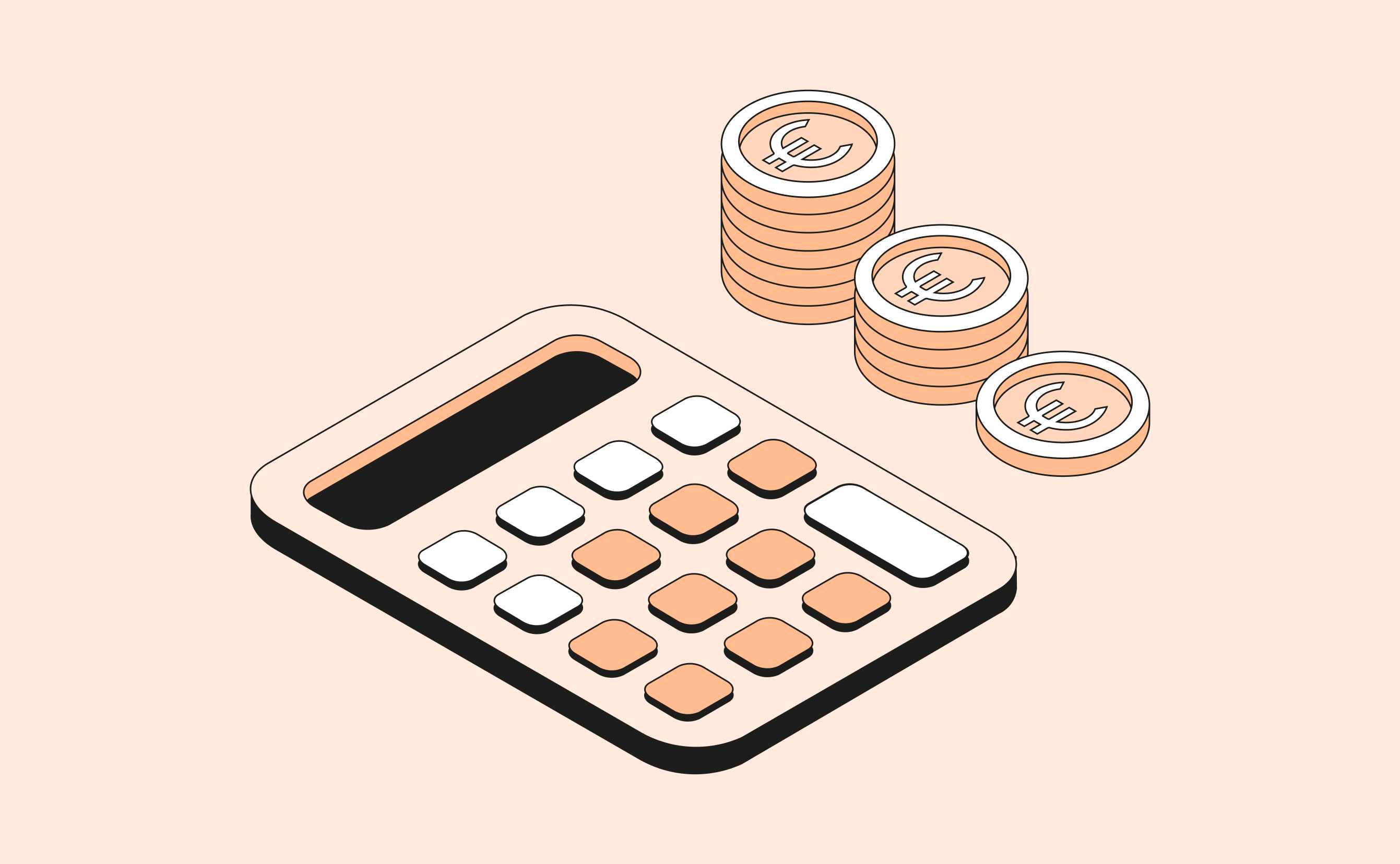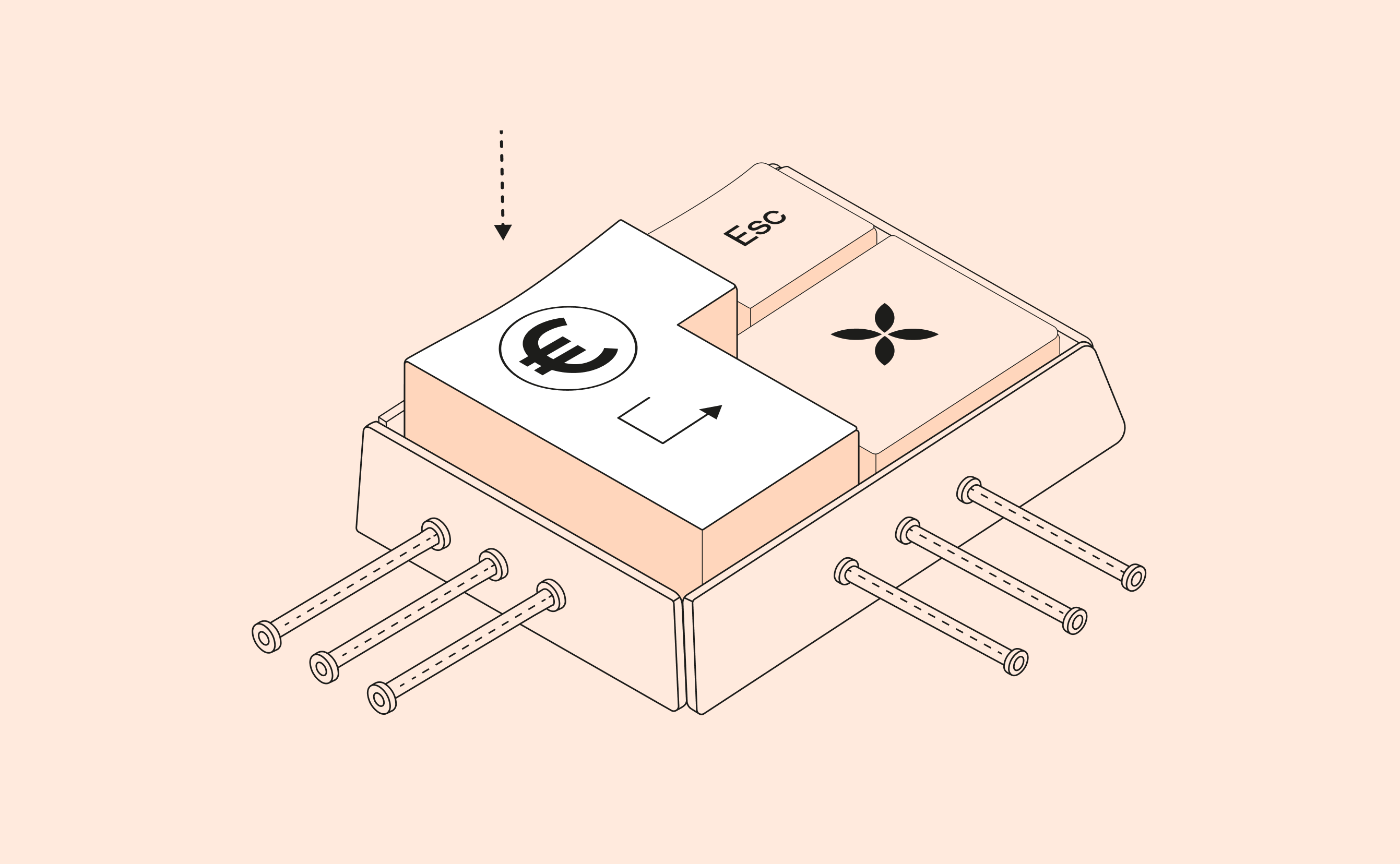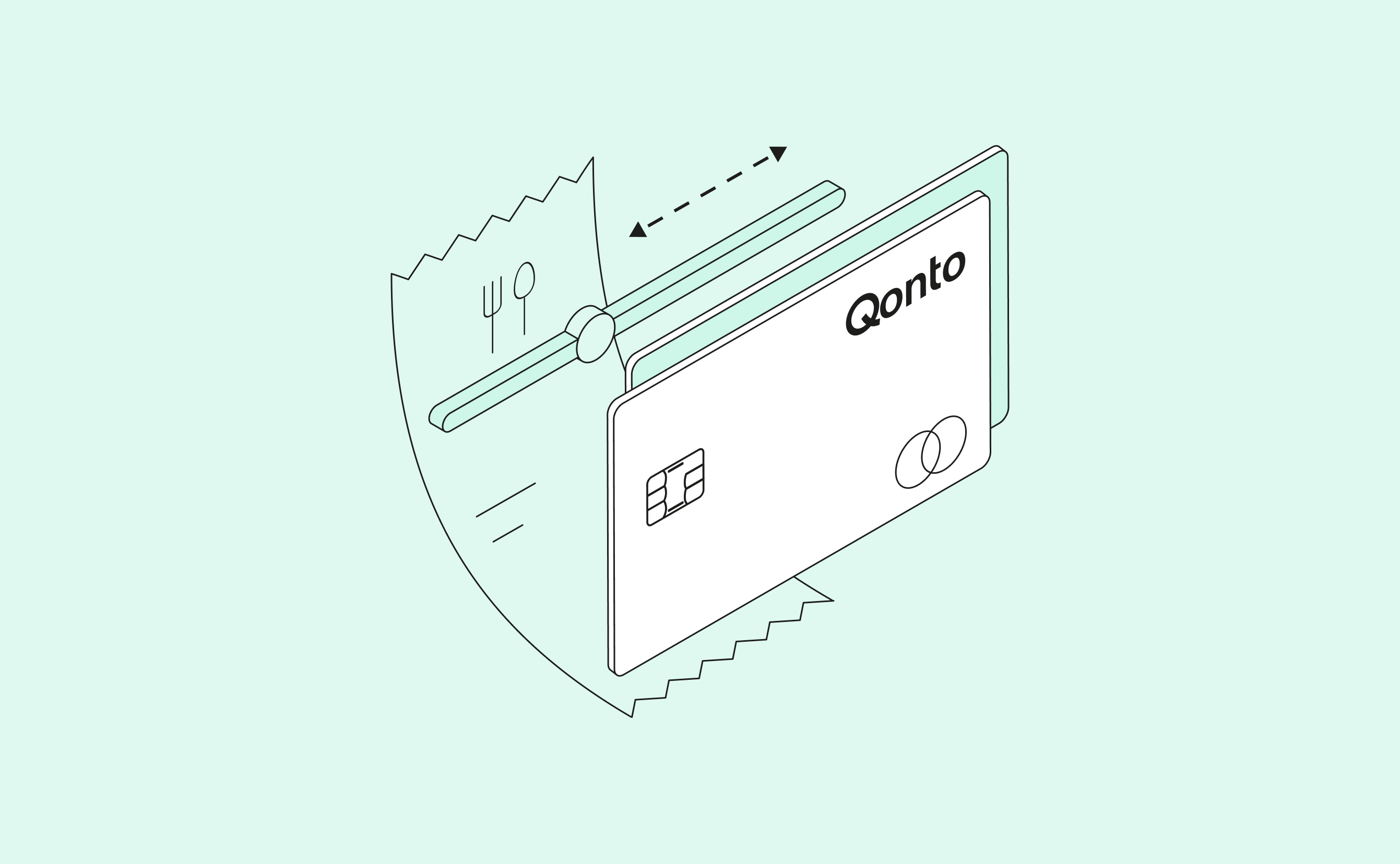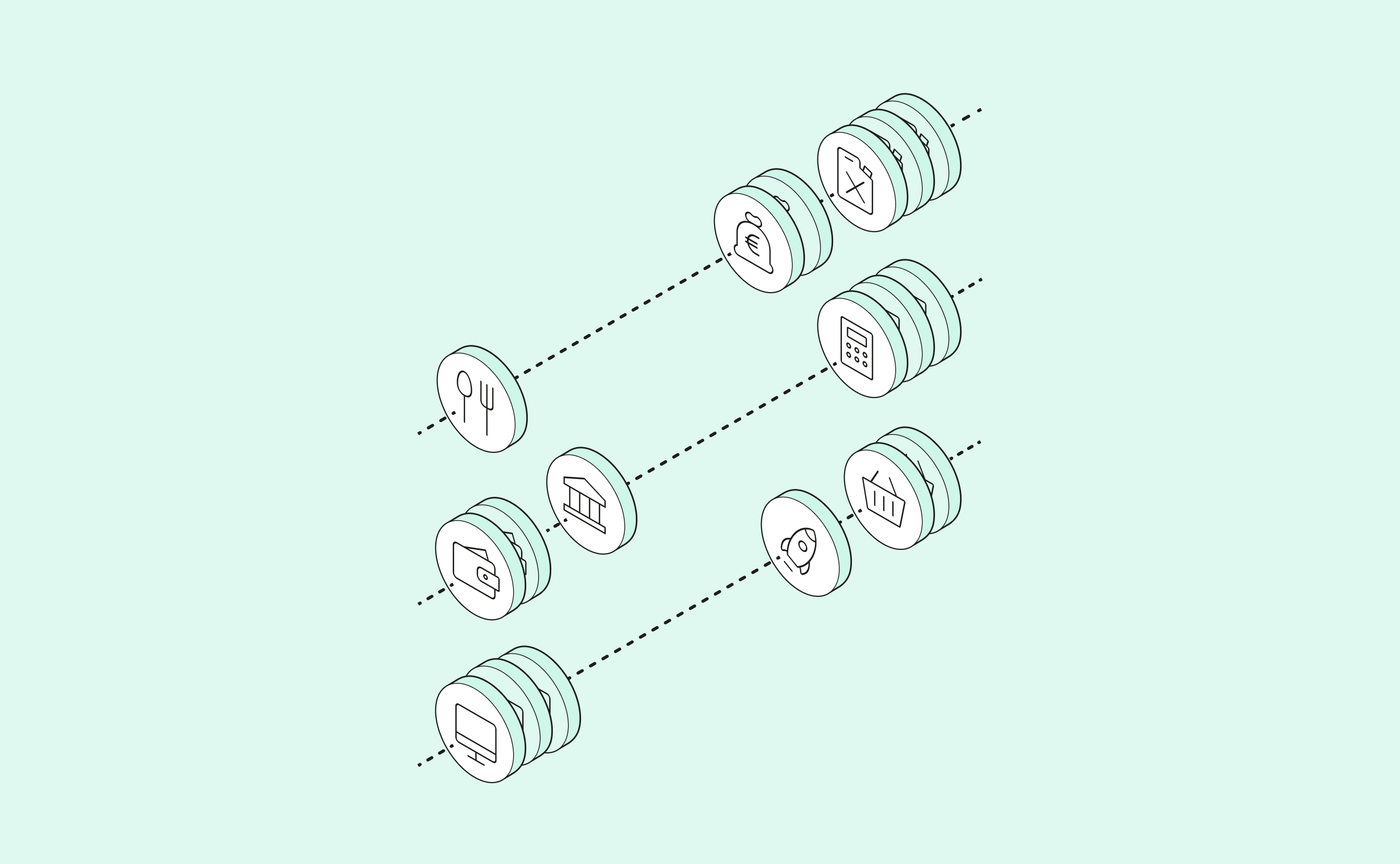The paperwork associated with accounting can build up quickly on your desk: ledgers, inventory, invoices, expense reports and purchase orders are just some of the documents you need to keep your books in order. The problem is you're not even allowed to get rid of it all. Legally, you're required to keep your records for 10 years. A whole decade's worth of paperwork takes up considerable space; that's a lot of ring binders and filing cabinets. And if you do receive a visit from the tax inspectors, it can take some time to find the slips and pages they'll ask you for.
Surely there's a less archaic, more 21st Century way of doing things? Of course there is!
There are digital solutions available today that do your organizing for you, based on the principle of automated digitization: turning something analog into something digital. Thanks to such technology, you no longer even need to write or sign some documents by hand. Everything is kept in a digital database and you can pluck the necessary paperwork from your archives with a click or two of a mouse. These digitized documents have the same probative value - the same legal authority - as their paper ancestors.
You do still need to guarantee these documents are authentic and valid, which is why you should be careful when it comes to choosing which accounting or billing software you want to trust with your documentation. Make sure the solution you choose possesses the technical features (like electronic signatures, for example) that are necessary for your paperwork to be reliable and fraud-proof.
Some solutions, like those proposed by Qonto, certify your digital receipts. In other words, your e-documents have the same legal value as your old paper documents. You can breathe easy when the URSSAF or inland revenue come knocking.







